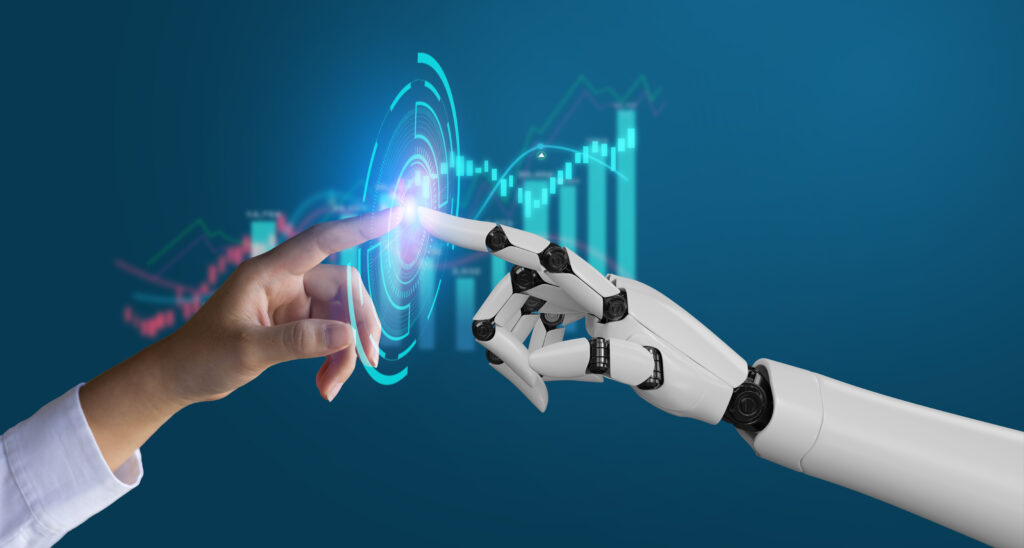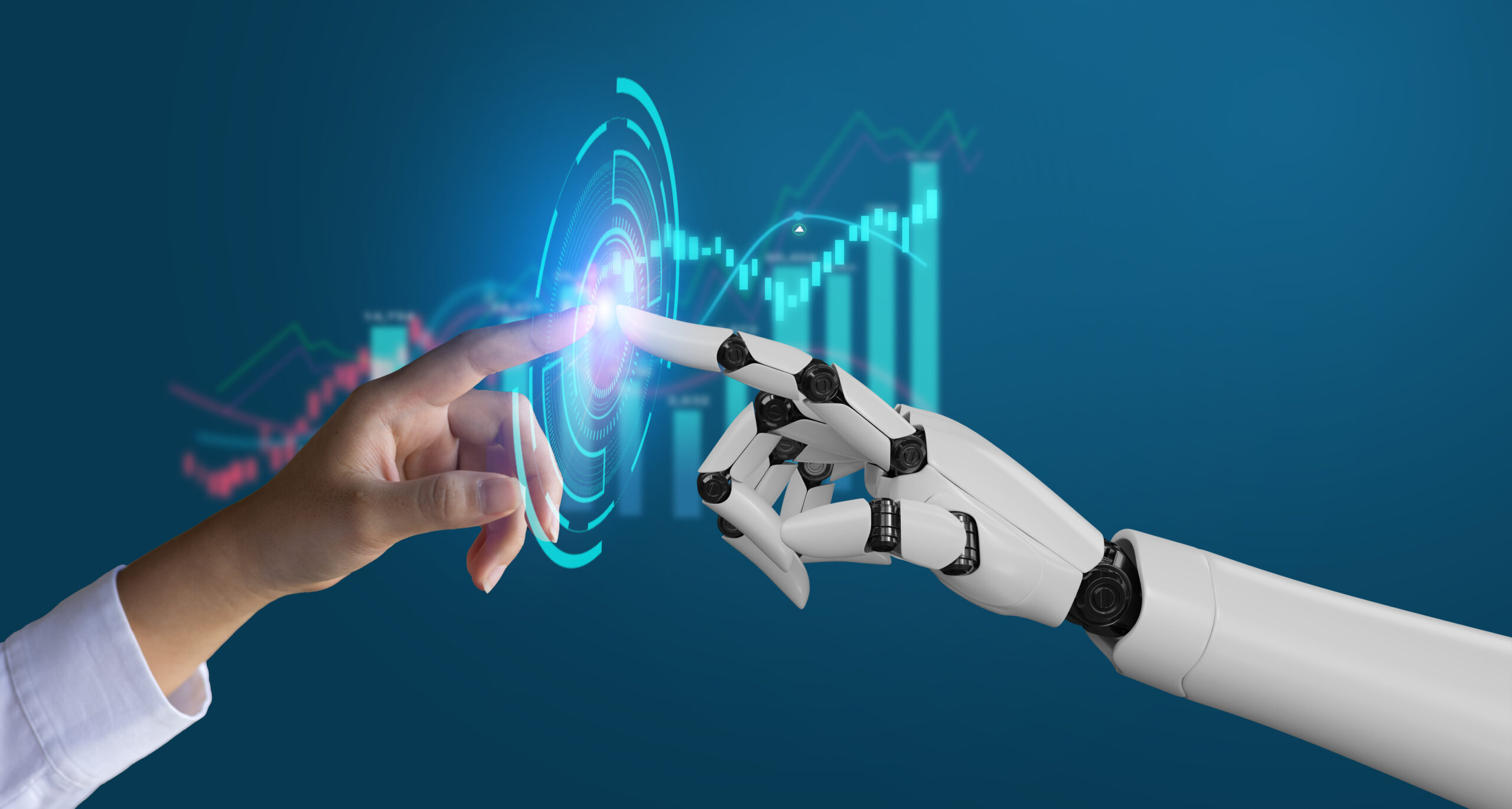
Introduction:
In the ever-evolving landscape of business, one technological innovation stands out as a transformative force: Artificial Intelligence (AI). Beyond its depiction in science fiction, AI has moved from the realm of possibility to a practical tool that is reshaping how businesses operate, make decisions, and achieve unprecedented levels of efficiency. This article explores the profound impact of AI on various facets of business and how it is revolutionizing industries.
The Rise of Artificial Intelligence:
Artificial Intelligence refers to the development of computer systems that can perform tasks that typically require human intelligence. This includes learning, problem-solving, understanding natural language, and adapting to new information. Over the past decade, advancements in machine learning, deep learning, and neural networks have propelled AI into the mainstream, enabling businesses to harness its power for a wide range of applications.
Data-Driven Decision Making:
One of the primary ways AI is redefining business is through data-driven decision-making. AI systems can analyze vast amounts of data at unprecedented speeds, extracting valuable insights and patterns. This empowers organizations to make informed decisions, identify trends, and adapt to market changes with agility. From predicting consumer behavior to optimizing supply chain logistics, AI-driven analytics is a game-changer for businesses seeking a competitive edge.
Enhancing Customer Experiences:
AI has revolutionized how businesses interact with their customers. Chatbots and virtual assistants powered by AI provide instant and personalized customer support, improving response times and overall satisfaction. Recommendation engines, fueled by AI algorithms, offer customers tailored suggestions based on their preferences, creating a more engaging and personalized shopping experience. Through sentiment analysis, AI also helps businesses gauge customer feedback, allowing them to refine products and services based on real-time insights.
Automation and Operational Efficiency:
Automation lies at the heart of AI’s impact on business operations. Repetitive and time-consuming tasks, such as data entry, customer inquiries, and routine decision-making processes, can be automated with AI. This not only reduces the risk of human error but also allows employees to focus on more complex, creative, and strategic aspects of their roles. Businesses that embrace AI-driven automation experience increased operational efficiency, cost savings, and a competitive advantage in the marketplace.
Predictive Maintenance and Asset Management:
In industries such as manufacturing and logistics, AI-driven predictive maintenance has become a critical component. By analyzing data from sensors and equipment, AI algorithms can predict when machinery is likely to fail, enabling proactive maintenance rather than reactive repairs. This not only minimizes downtime but also extends the lifespan of assets, resulting in substantial cost savings for businesses.
Challenges and Ethical Considerations:
While the advantages of AI are undeniable, businesses must also grapple with challenges and ethical considerations. Issues such as bias in algorithms, data privacy concerns, and the potential displacement of certain job functions by automation require careful consideration. As businesses adopt AI, it is crucial to prioritize transparency, accountability, and ethical practices to ensure a responsible and sustainable integration of this powerful technology.
The Future Landscape:
The AI advantage is not a fleeting trend but a fundamental shift in how businesses operate. As AI continues to evolve, its integration into various industries will become more seamless. From healthcare and finance to marketing and education, the possibilities for AI applications are vast. The businesses that thrive in the future will be those that embrace AI as a strategic ally, leveraging its capabilities to drive innovation, enhance customer experiences, and achieve unprecedented levels of efficiency.
Conclusion:
The AI advantage is no longer a concept relegated to science fiction; it is a tangible force reshaping the business landscape. As organizations navigate the complexities of this technological revolution, the key lies in understanding that AI is not just a tool; it is a transformative partner in the journey towards innovation and efficiency. By embracing the AI advantage responsibly, businesses can redefine their operations, foster growth, and stay ahead in an ever-evolving and competitive marketplace. The era of Artificial Intelligence has dawned, and those who harness its power stand at the forefront of the business landscape’s new frontier.
